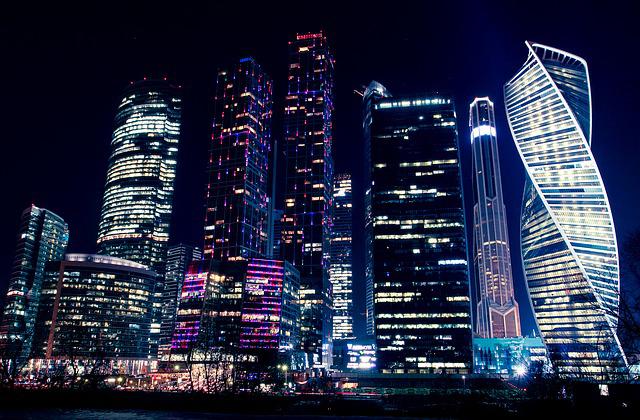RT, 8 Aug, 2022 05:05, HomeBusiness NewsWestern sanctions are good for Moscow – US economistA former Wall Street analyst says the Russian economy is being made self-sufficient The economic war unleashed by the West against Russia has backfired and may bring the country much good, former Wall Street financier Michael Hudson has told the German news outlet Junge Welt. “The West’s sanctions are great for Russia. Any country threatened by US sanctions is forced to become self-sufficient,” Hudson said in an interview published on Saturday.He said that sanctions have effectively pushed Russia toward import-substitution, and the country is on track to becoming completely free of reliance on Western goods. “Instead of importing German cars, Russia is turning to China to develop
Topics:
Michael Hudson considers the following as important: Interviews
This could be interesting, too:
Michael Hudson writes Something Nutty Emerging Here
Michael Hudson writes Why Banking Isn’t What You Think It Is
Michael Hudson writes The Horizon Nears on America’s Free Financial Ride
Michael Hudson writes Capital as Power in the Polycrisis

RT, 8 Aug, 2022 05:05, HomeBusiness News
Western sanctions are good for Moscow – US economist
A former Wall Street analyst says the Russian economy is being made self-sufficient
The economic war unleashed by the West against Russia has backfired and may bring the country much good, former Wall Street financier Michael Hudson has told the German news outlet Junge Welt.
“The West’s sanctions are great for Russia. Any country threatened by US sanctions is forced to become self-sufficient,” Hudson said in an interview published on Saturday.
He said that sanctions have effectively pushed Russia toward import-substitution, and the country is on track to becoming completely free of reliance on Western goods.
“Instead of importing German cars, Russia is turning to China to develop its own automotive industry. Russia is now moving very quickly to replace its dependence on the West for manufactured goods with its own domestic production. The only things they can’t produce are Walt Disney movies and Italian handbags,” the economist said, adding that while Russia is unlikely to be able to mass produce some of the luxury items it used to import, its economy will become largely self-sufficient.
Hudson also noted that sanctions, while aimed at reducing Russia’s profits from energy exports, instead “brought additional revenue to the Russian state budget.”
“Russia is the big beneficiary of Germany’s energy embargo plans. The less gas Russia sells, the more money it makes,” he stated, referring to the skyrocketing energy prices that grow in correlation with the drop in Russia’s exports.
Sanctions targeting the Russian economy have also failed to destabilize the national currency, the ruble, and have sped up the de-dollarization process, the analyst said.
“Even before the war in Ukraine there were efforts to de-dollarize [yet] no one expected the process to start so quickly… But […] Washington has frozen all accounts in dollars and euros, so Russia had to get out of the dollar system. And this is what helped the Russian ruble. The intention behind the Western sanctions was to collapse the ruble in order to make Russian imports more expensive…
Instead, the Russian government countered and decided: If we are not paid in euros and dollars for oil, gas, titanium and aluminum, the West will have to pay in rubles. And so the ruble has appreciated in value. It is fair to say that the West has shot itself in the foot.”
Hudson noted, however, that “the biggest beneficiary” of Russia having been laden with sanctions is Washington. This is because Europe, which is heavily reliant on Russian energy, is faced with simultaneous energy and food crises, thus leaving it with little ability to pay attention to other matters.
“Basically, Washington doesn’t care if Russia wins the war [in Ukraine], because the US has succeeded in eliminating its competition in Europe, especially Germany.”
